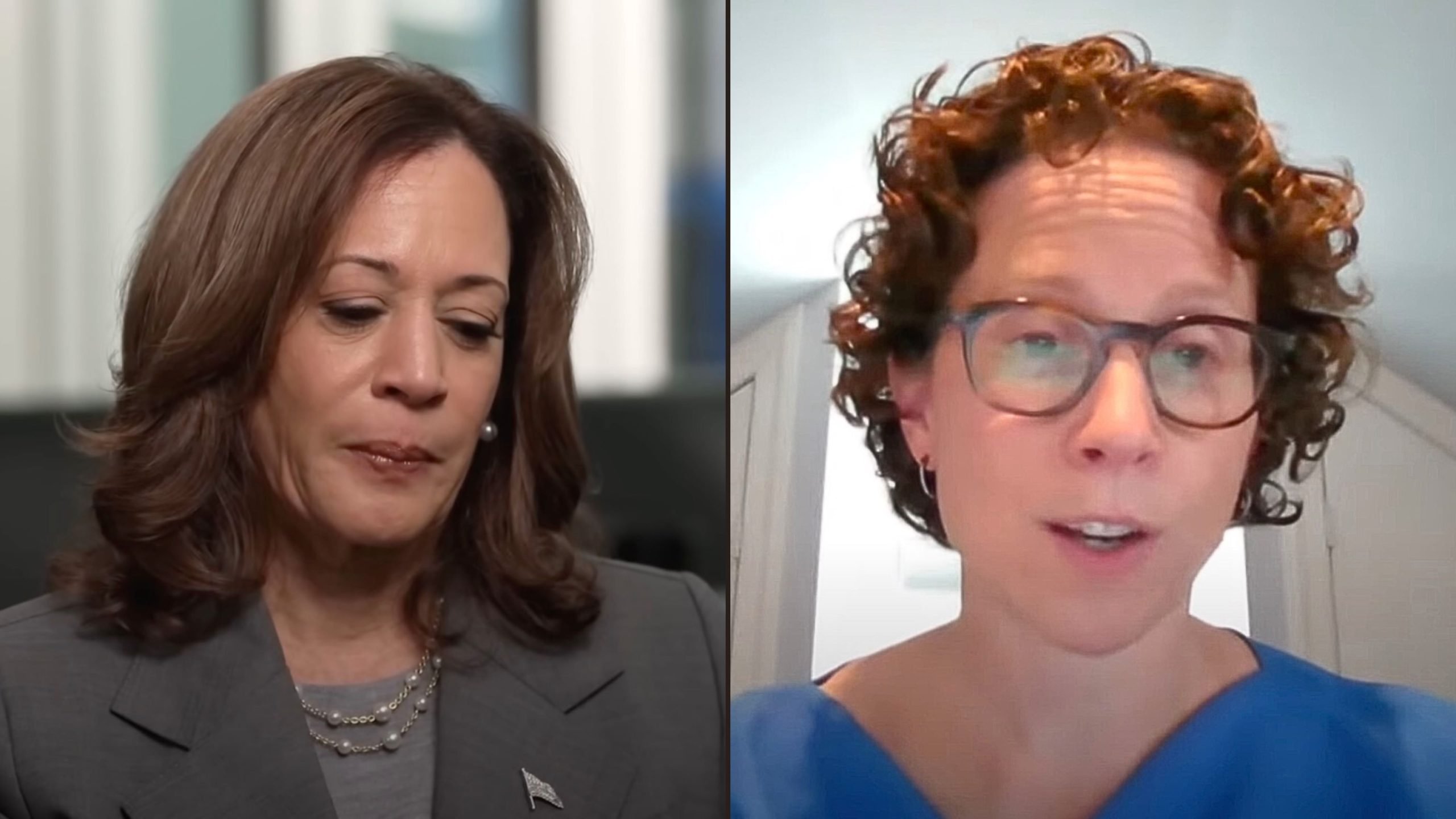Vice President Kamala Harris’s decision to employ Karen Dunn for debate preparation—while Dunn simultaneously defends Google against a major antitrust lawsuit from the Biden-Harris administration—has sparked accusations of a conflict of interest.
Karen Dunn, who has a long history of assisting Democratic candidates with debate preparation since 2008, represented Google at the start of their trial on Monday.
The ongoing lawsuit, pursued by the DOJ, claims Google unlawfully monopolizes its search engine market and is one of the biggest ever challenges to Big Tech’s dominance.
Despite no formal ethics rules barring such dual roles since political campaigns are not legal battles, the decision to have Dunn so heavily associated with the Harris campaign raises eyebrows, especially coinciding Dunn’s influence on Harris could lead to Harris’ being less likely to take action against Google should Harris win the presidency.
The House Judiciary Committee, chaired by Rep. Jim Jordan, has escalated concerns regarding the potential conflict of interest between Vice President Harris and Dunn. The committee sent a pointed letter to Attorney General Merrick B. Garland demanding a briefing on the Department of Justice’s (DOJ) handling of potential biases and conflicts in the ongoing lawsuit, United States v. Google LLC.
We obtained a copy of the letter for you here.
“According to recent press coverage, Karen Dunn, a ‘lead attorney’ representing Google in the antitrust case United States v. Google LLC, is also simultaneously leading Vice President Harris’s preparations for the September 10 presidential debate,” the committee outlined. Rep. Jordan further stressed the issue, stating, “This apparent conflict of interest raises serious concerns about whether Dunn’s relationship with key figures in the Biden-Harris Administration creates a conflict of interest that could inappropriately bias the Department’s approach in United States v. Google LLC.”
The committee’s request for a detailed briefing by September 24 is part of a broader scrutiny under the umbrella of investigations into possible governmental overreach and collusion with big corporations to censor lawful speech. “Pursuant to the Rules of the House of Representatives, the Committee has jurisdiction to conduct oversight over the Department of Justice and of matters concerning ‘civil liberties’ and antitrust to inform potential legislative reforms,” the letter highlighted.
Prominent tech leaders have significantly supported Vice President Harris’ rise from San Francisco’s district attorney to the national stage, and they remain key backers, recently demonstrating their support at a high-profile Democratic National Convention and a fundraiser in Atherton, California. These events signal a Harris Presidency could be a potential return to more industry-friendly policies reminiscent of the Obama administration, which refused to challenge Big Tech’s dominance.










